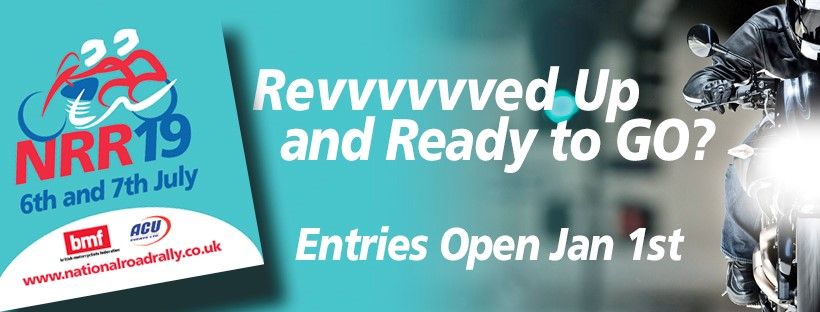BEN ISSUES RALLYING CRY AFTER STRUGGLING TO SUPPORT RECORD DEMAND WITH FALLING INCOME
Posted on
- Ben’s urgent support appeal to ensure no-one faces life's toughest challenges alone
- The charity is supporting 50% more people while its income falls by £1m
- Without additional funding, difficult choices may have to be made about which cases to support
Ben is making an urgent 'rallying cry' to automotive industry leaders as it faces a 50% increase in demand for services against a £1m income shortfall, following the cancellation of fundraising events including Ben Ball. Without additional funding, Ben may be forced to make difficult decisions about which cases to support.
Covid-19 is having an unprecedented impact on the health and wellbeing of the automotive workforce. More and more people are turning to Ben in financial hardship, or are struggling to cope with mental health issues and other life challenges including bereavement.
The letter (pictured) from Ben’s Chief Executive, Zara Ross, and Chair of the Board, Steve Nash, outlines how the industry can help ensure no-one faces life’s challenges alone. This letter is also being sent directly to industry leaders, as an urgent plea for support.
Ben is asking companies to pledge to do three things:
The pledge
- Be an advocate for Ben, ensuring the message of support is promoted widely within their business so everyone knows they are never alone
- Encourage colleagues to support Ben through Payroll Giving, Ben’s Big Weekly Lottery and its fundraising products and events
- Dig even deeper as a business to help address the £1m shortfall.
To show your support, email now via pledge@ben.org.uk or call 01344 298135.
Matt Wigginton, Fundraising Director at Ben, said: “This is an urgent situation that we’re facing - our support teams are at breaking point, with more cases than ever before and we don't see that changing.
“The issues people are facing are more complex and more urgent than we have ever seen before. If we're unable to fill this funding shortfall then we may not be able to support everyone who turns to us for help. That could have a life-changing impact on someone in your business.
“The automotive industry is like a family, we have to look after each other. People will remember what the leaders of our industry do in a time of crisis and I urge everyone to consider how you can help ensure Ben is there for everyone, no matter what.
"Amazingly, we have already received pledges for donations of more than £65,000 on the first day of this campaign. Every donation makes a huge difference to people's lives and we'll be celebrating each and every one publicly over the coming weeks. Thank you to those who have already pledged their support.”




